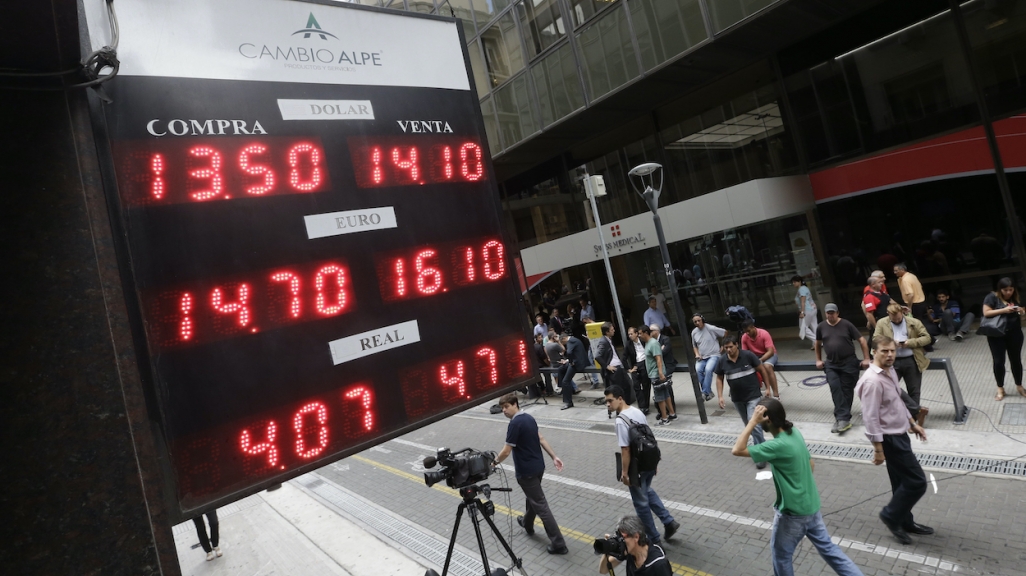Stemming a Sovereign-Debt Crisis
Stemming a Sovereign-Debt Crisis
"Market participants urgently need to make reforms to prevent a deepening debt crisis in developing economies," cowrites AS/COA Chairman Emeritus William R. Rhodes in The Wall Street Journal.
Rising interest rates and slowing global economic growth likely will spur many low-income countries to try to restructure their sovereign debt. This is troubling because recent restructuring cases have produced extended stalemates between borrowers and lenders rather than resolution. Existing international mechanisms for dealing with sovereign-debt restructuring simply aren’t up to the task. Market participants urgently need to make reforms to prevent a deepening debt crisis in developing economies.
The warning signs of a crisis are clear already: According to International Monetary Fund figures, interest payments on public debt as a percentage of public revenues are four times as high in low-income economies as in advanced economies, while the same ratio in emerging economies is twice as high. IMF data show that a decade ago this ratio was similar across all countries. According to the World Bank, 60% of low-income countries are either suffering from debt distress or at high risk of doing so.
Pre-existing international mechanisms for dealing with sovereign-debt restructuring—particularly the Paris Club, where a voluntary grouping of official lenders negotiate with debtor countries—have become muddled and ineffective. The lack of an efficient debt restructuring process creates market volatility and risk, damaging a broad range of financial market participants. As a result, urgent action to improve the current system should receive broad support from all participants…









